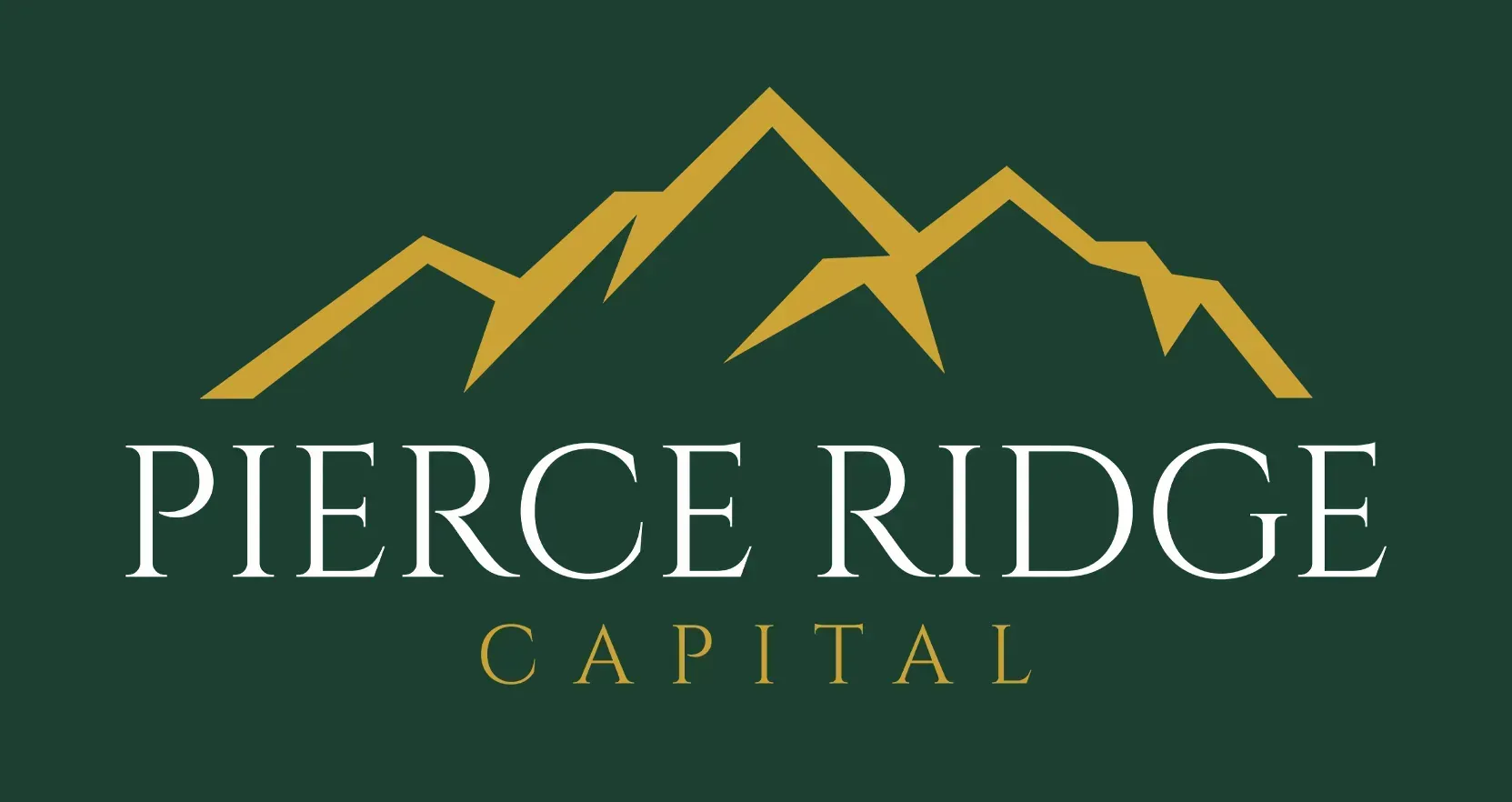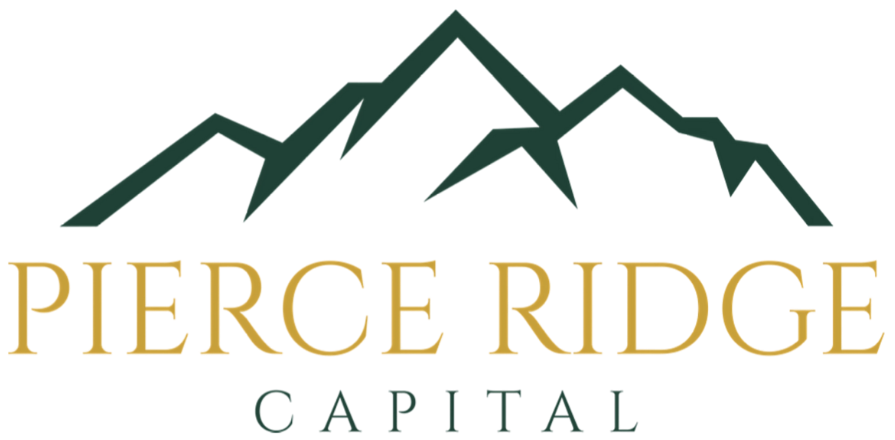The Due Diligence Checklist Every Buyer Should Use
From Boutique M&A Advisory Firm Pierce Ridge Capital
When you’re buying a business, price and excitement shouldn’t drive the deal—facts should.
Due diligence is where a good acquisition gets real. It’s the step that separates informed decisions from expensive assumptions. At Pierce Ridge Capital, a Connecticut-based boutique M&A advisory firm, we help buyers across the country evaluate companies with structure and precision.
Our co-founder and CEO, Shamus O'Rourke, brings more than 25 years of experience working with high-net-worth and corporate clients at Merrill Lynch and Morgan Stanley. That background taught us to ask the right questions early—and dig deeper when something feels off.
Here’s the due diligence checklist every smart buyer should be using before signing a deal.

1. Financials: Trust, but Verify
Before anything else, validate the numbers.
- 3+ years of profit & loss statements, balance sheets, and cash flow statements
- Tax returns to confirm reported income
- EBITDA normalization (remove one-time or non-operating items)
- Accounts receivable aging and debt obligations
- Inventory reports (if applicable)
We often uncover red flags not because sellers are hiding things—but because they’re unorganized. Your job as the buyer is to spot inconsistencies, not assume good faith.
2. Legal & Corporate Structure
You need to know exactly what you’re buying—and what liabilities may come with it.
- Entity type, ownership structure, and corporate documents
- Existing contracts, leases, or licensing agreements
- Pending or historical litigation
- Intellectual property rights (patents, trademarks, licenses)
- Government filings and regulatory compliance
At Pierce Ridge, we coordinate with legal advisors to ensure no corner gets cut here—especially in asset-heavy or regulated businesses.
3. Operational Details
This is where the mechanics of the business become clear.
- Org chart and employee roster
- Compensation, benefits, and employment agreements
- Key vendors and supply chain relationships
- Systems, technology stack, and operational workflows
- Processes and SOPs (standard operating procedures)
Buyers often underestimate how much operational risk comes with “inheriting” the unknown. We guide clients through this to avoid surprises after closing.
4. Customers & Revenue Quality
Don’t just ask, “How much revenue?” Ask, “Where is it coming from—and will it stay?”
- Customer concentration (any single client >20% is a risk)
- Contract terms, renewal schedules, churn rates
- Historical revenue trends by customer, product, or service line
- Current sales pipeline and backlog
- Customer satisfaction or Net Promoter Scores (if available)
Shamus’s background in managing corporate relationships taught us this: revenue isn’t just numbers—it’s trust, retention, and stability.
5. Culture & Leadership
Deals don’t fail because the numbers were wrong—they fail because people didn’t fit.
- Owner/founder role in daily operations
- Leadership team’s willingness to stay post-close
- Team morale and company culture dynamics
- Turnover rates and key employee dependence
As a buyer, you need to understand: will the business still run without the founder? If not, you may not be buying what you think you are.
6. Technology, Data, and IP
Especially in today’s market, data integrity and tech are business-critical.
- Overview of proprietary software, tools, or data systems
- IT infrastructure and cybersecurity practices
- Intellectual property ownership (source code, patents, trademarks)
- Data privacy policies and compliance (GDPR, HIPAA, etc.)
- Any tech debt or legacy systems that will require immediate upgrades
We help clients assess not just what exists, but what it will cost to maintain—or improve.
7. Deal-Specific Issues & Red Flags
Every deal has its own nuances. A good checklist adapts.
- Are there working capital requirements post-close?
- Is seller financing or an earnout involved?
- What assumptions were used in the valuation?
- Has the business undergone major changes in the last 12 months?
- Are there seasonality factors or non-obvious external risks?
We flag issues not to kill deals—but to help buyers negotiate smarter or walk away if needed.
Why Diligence Isn’t Just a Checklist—It’s a Process
At Pierce Ridge Capital, we see due diligence as more than documents. It’s about confirming the business you think you’re buying is the business that will deliver long-term value.
We work closely with legal, financial, and operational partners to ensure every aspect of the target company is fully understood before our clients move forward. With deep experience evaluating complex client portfolios, Shamus leads our process with a focus on risk, clarity, and post-close readiness.
Final Thought: Smart Buyers Ask the Right Questions Early
You don’t need to be skeptical—but you do need to be thorough. Rushing through diligence is one of the fastest ways to overpay, overlook risk, or walk into an operational mess.
At Pierce Ridge Capital, we help buyers structure diligence around what matters most—so they can close with confidence, not guesswork.
Pierce Ridge Capital
Boutique M&A Advisory | Based in Connecticut | Serving Buyers Nationwide








